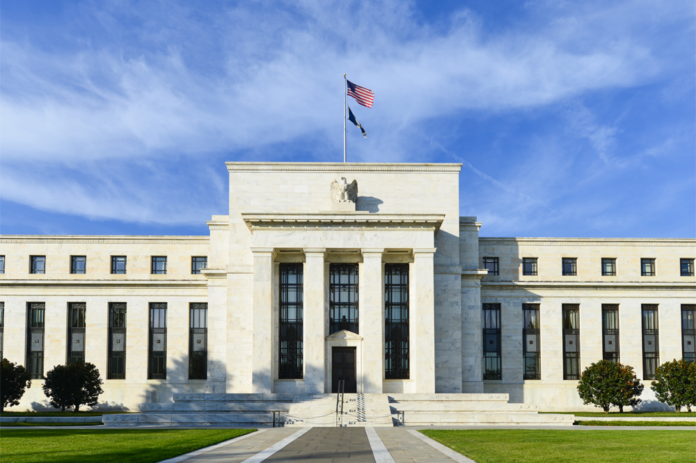U.S. Federal Reserve (Fed) Governor Christopher Waller said the U.S. dollar (USD) is likely to sustain its dominant status around the world despite recent threats from both cryptocurrencies, the promotion of the Chinese yuan and the strengthening of the euro.
“I do not expect the US dollar to lose its status as the world’s reserve currency anytime soon,” Waller said in a speech made on Friday last week from a university in The Bahamas. “Recent developments that some have warned could threaten that status have actually strengthened it, at least so far.”
Governor Waller, who was appointed to the board in 2020 by then-President Donald Trump, acknowledged that in the future it is possible that people may switch from using physical currencies to digital currencies although this could jeopardize the monetary policy of all countries that want to switch to using digital rather than physical money.
The governor also did not comment on U.S. monetary policy in his latest remarks. His only comment regarding inflation was to highlight that some countries with high domestic inflation have sometimes adopted ‘dollarization’ – that is, the use of the dollar to replace the local currency in all movements within the country.
“There is often speculation that cryptocurrencies such as Bitcoin could replace the U.S. dollar as the world’s reserve currency,” Waller mentioned. “But most transactions in decentralized finance involve the use of stablecoins, which peg their value one-to-one to the U.S. dollar.”
Regarding China, Waller expressed reservations about the yuan posing a serious challenge to the worldwide dominance of the U.S. dollar.
“Several factors currently play against the renminbi as an attractive asset for international investors: it is not freely convertible, the Chinese capital account is not open, and investor confidence in Chinese institutions is relatively low,” he said, referring to the yuan.
Fed does not discourage using blockchain technology
Days earlier, Fed Chairman Jerome Powell had mentioned the potential of cryptocurrencies being seen as a possible alternative to traditional finance. His words point to the growing interest of stock market investors in the cryptocurrency market, which also further reinforces the popularity of Bitcoin that in recent days has been on the rise, following the introduction of Bitcoin ETFs to the U.S. market.
“In the long run, the United States is on an unsustainable fiscal path. And that simply means that the debt is growing faster than the economy, which essentially means we’re borrowing from future generations.”
For his part, the governor ruled out the possibility of the U.S. creating a central bank-backed digital currency (CBDC). About spot Bitcoin exchange-traded funds (ETFs), he stated he was “not comfortable” with banks being holders of huge amounts of Bitcoin.
In September last year, the Federal Reserve released documents highlighting the crucial need to explore asset tokenization. They highlighted the primary components of asset tokenization, such as blockchain and marked-to-market assets, among others. Likewise, a valuation mechanism, storage or custody and exchange mechanism.
The strength of the dollar is fundamental to the U.S. economy and its foreign policy interests, although it would be good to undermine this kind of government-based monetary dominance, according to many cryptoasset enthusiasts.



